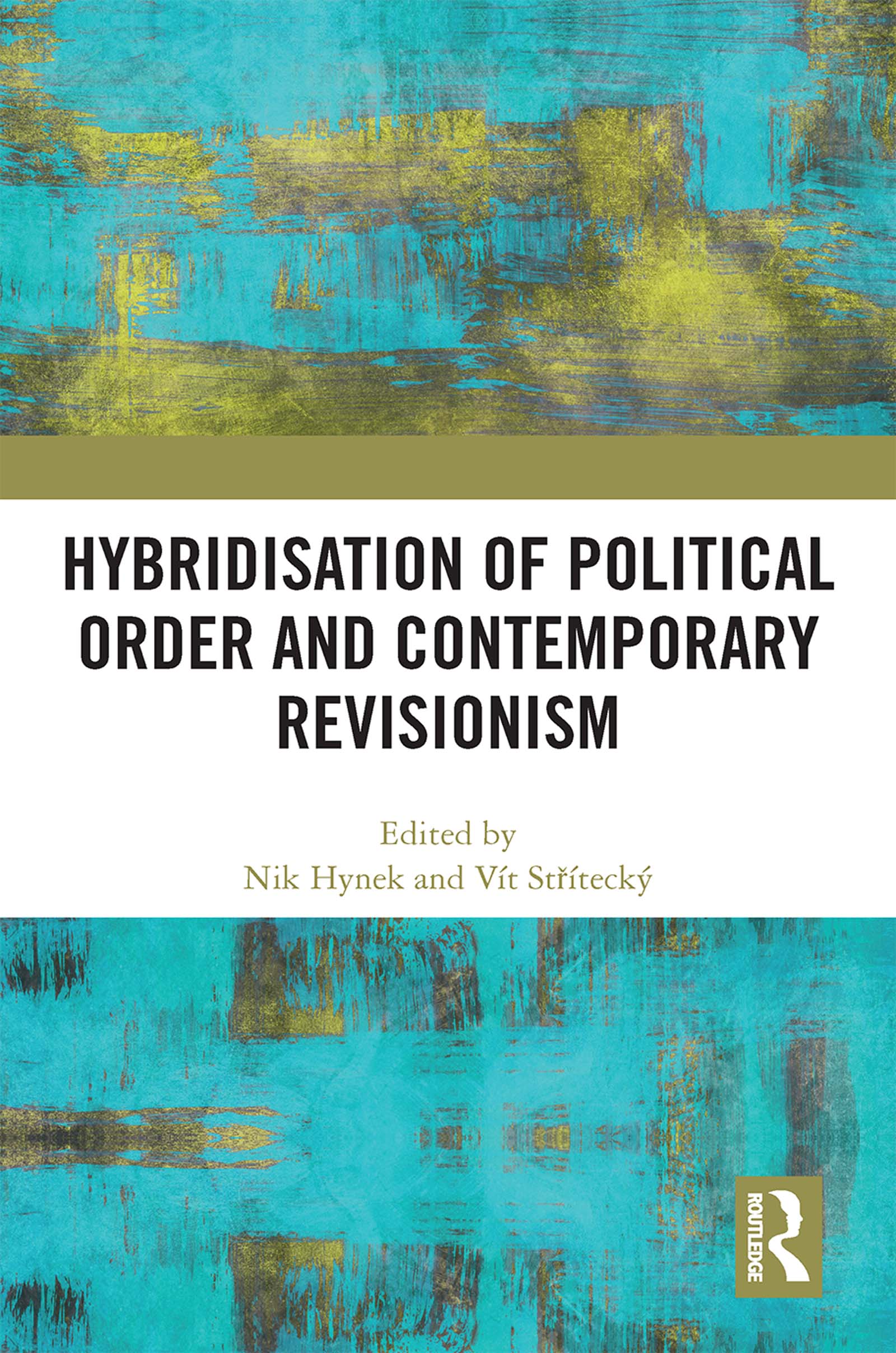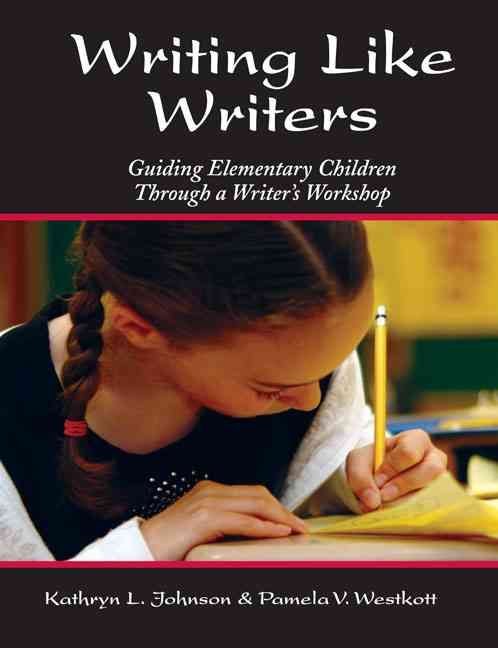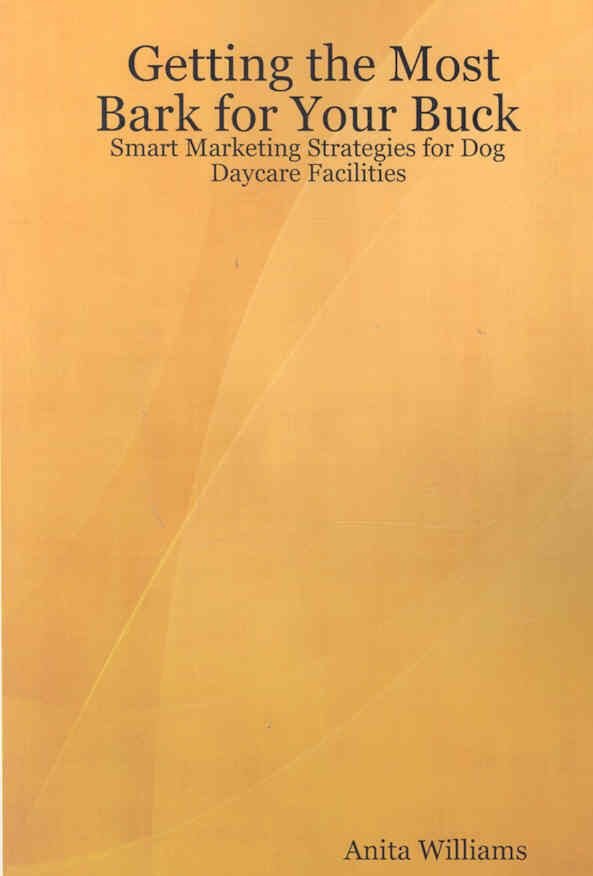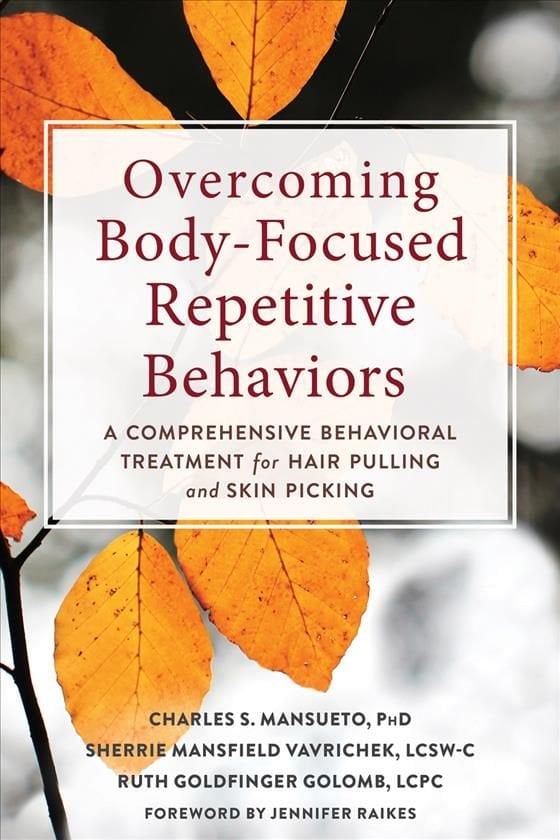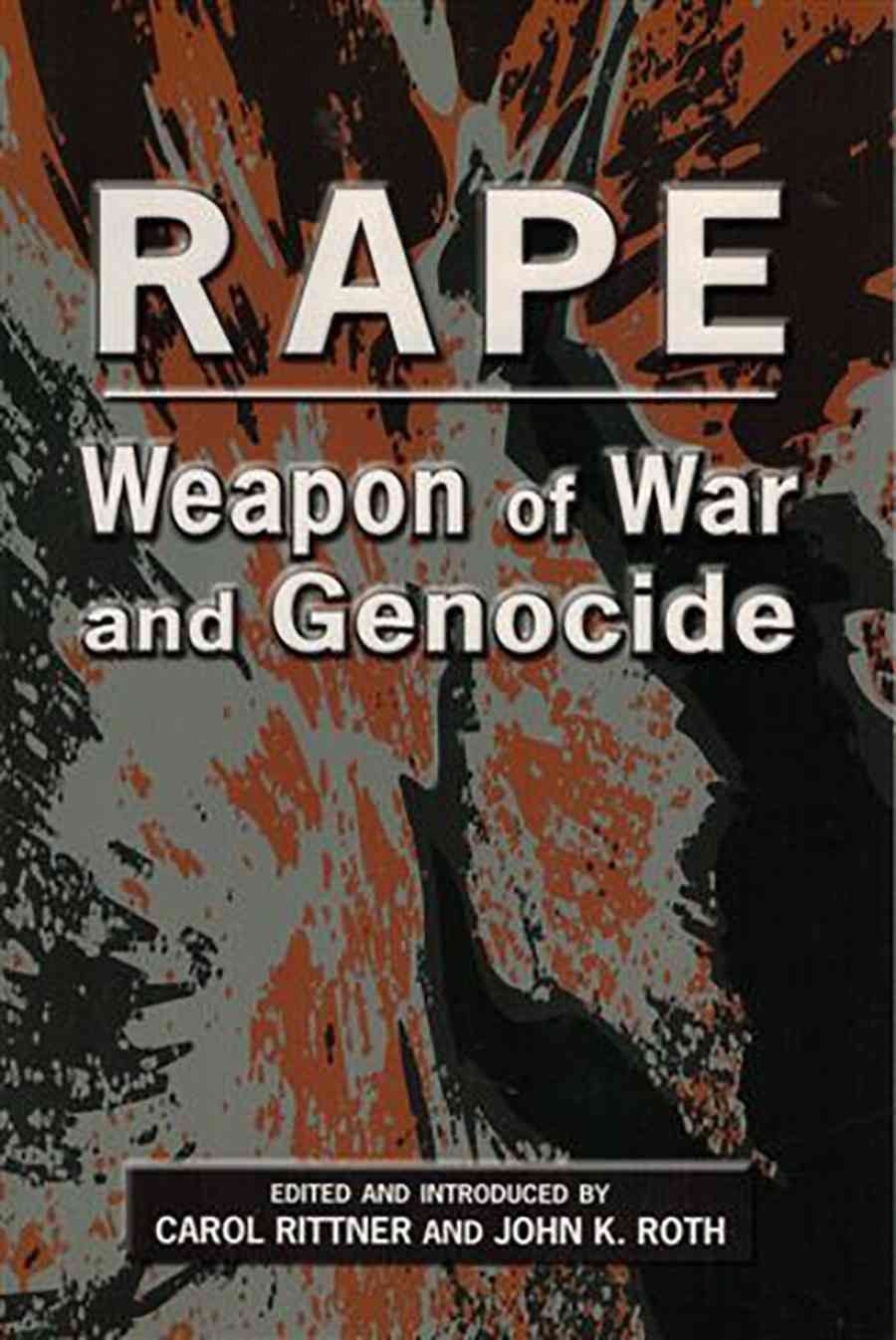This resource offers instructors a full palette of strategies for teaching social justice concepts across subject areas from kindergarten through college. Dividing its content between elementary, adolescent, and adult learners, the book analyzes the classroom experience as a powerful means of challenging stereotypes and supporting inclusion, respect, and equity. History, language arts, literature, and social studies, as well as mathematics and science are shown as platforms for tying critical thinking to moral behavior. And while professional development underlies all chapters in the text, special areas such as technology, curriculum design, recognizing student demographics, and raising social justice awareness in school culture are spotlighted. Among the topics covered: Reframing social justice for the adult learner. The politics of “being”: faculty of color teaching social justice in the college classroom. Stories of social justice from the kindergarten classroom. Critical literacy and multicultural literature. The shaming: creating a curriculum that promotes socially-responsible online engagement. Literacy is a civil write: the art, science, and soul of transformative classrooms. For educators and education researchers involved in the field, Social Justice Instruction unlocks the potential for imparting progressive ideas along the educational spectrum. The strategies here model a humanist perspective that will serve learners both in and outside the classroom.

